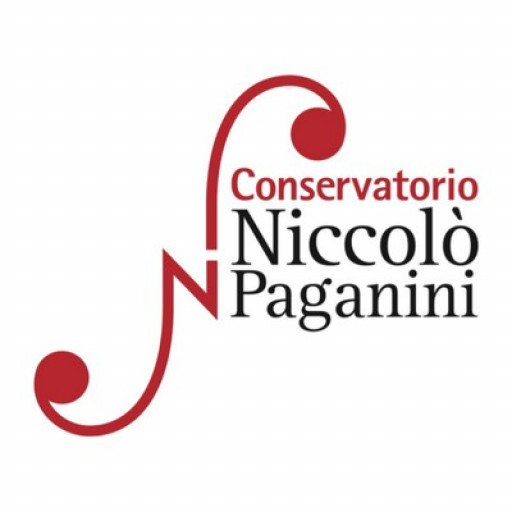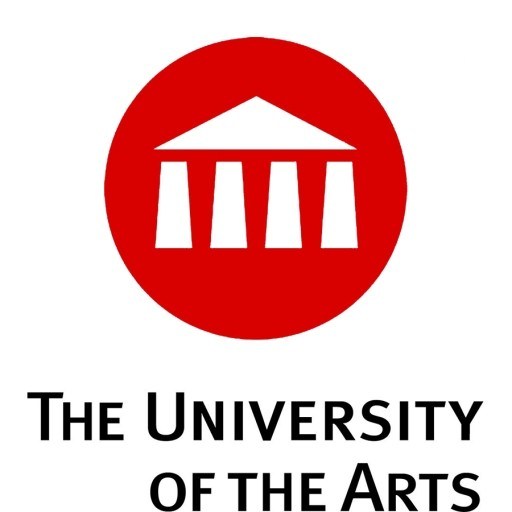Photos of university / #ucl
Advanced Educational Practice at University College London (UCL) is a highly regarded postgraduate program designed for experienced educators seeking to enhance their professional expertise and leadership skills in the educational sector. This innovative programme provides a comprehensive and interdisciplinary approach to advanced pedagogy, curriculum development, educational leadership, and research methodologies, equipping students with the knowledge and skills needed to influence positive change within their educational settings. Through a combination of theoretical insights and practical application, learners explore contemporary challenges in education, including inclusivity, technology integration, assessment strategies, and policy development. The curriculum is tailored to foster critical thinking, reflective practice, and innovative problem-solving, enabling graduates to effectively lead initiatives that improve teaching quality and student outcomes. Designed for current practitioners, the course offers flexible study options, including part-time pathways, to allow professionals to balance their academic pursuits with ongoing commitments. Students engage in collaborative projects, case studies, and research activities, supported by UCL's distinguished faculty members who bring a wealth of experience from academia, policy, and practice. Upon completion of the programme, graduates are well-prepared for senior roles in educational institutions, government agencies, and educational organizations, where they can influence strategic planning, curriculum design, and policy implementation. UCL’s Advanced Educational Practice programme aims to develop visionary educators who are committed to lifelong learning and continuous improvement, contributing to innovative educational environments worldwide.
This programme has been developed to respond to educational practitioner needs in both UK and International settings.
Students undertake modules to the value of 180 credits.
The programme consists of two core modules (60 credits), two optional modules (60 credits) and a dissertation (60 credits), or three optional modules (90 credits) and a report (30 credits).
The PG Diploma is awarded for 120 credits in any available modules.
The PG Certificate is awarded for 60 credits in any available modules.
Core modules
There is only one true core module for the Advanced Educational Practice MA which is a research methodology module, usually completed before or alongside the dissertation or report thesis. Students are encouraged to identify a theme to study compatible modules up to 60 credits which can be taken from any 'core' module listed below.
- The Action Researcher: exploring issues and contexts (the 'core' module)
- Teacher as Author: curriculum design and development
- Supporting Learners and Learning
- Developing Mentoring Practices
- Independent Study Module
- Assessing Colleagues' Learning
- Developing the Role of the Tutor
Optional modules
The optional modules for the Advanced Educational Practice MA are any of the available modules within the programme (as listed below) or any UCL Institute of Education modules residing in other MA programmes. These are only available at the discretion of the Module Leader and the Advanced Educational Practice Programme Leader.
- Independent Study module
- Developing the Role of the Tutor
- Supporting Learners and Learning
- Teacher as Author: Curriculum Design and Development
- Assessing Colleagues' Learning
- Developing Mentoring Practices
- Participants may also bring 60 credits into this MA from successful completion of a PGCE (Primary, Secondary or Post-Compulsory routes).
Dissertation/report
All students undertake an independent research project which culminates either in a report of 10,000 words (30 credits) or a dissertation of 20,000 words (60 credits).
Teaching and learning
All modules are taught fully online through our virtual learning environment (VLE) Moodle. Attendance for individual participants is measured through access to the material and activities, responses in forums and completion of tasks which are shared online via Keep In Touch (KIT) forums. All participants are assessed through coursework (which may be a long essay, portfolio or presentation) at the end of each module and receive both formative written assessment on a draft and summative written assessment following final submission.
Normally a minimum of a second-class Bachelor’s degree from a UK university or an overseas qualification of an equivalent standard, or a teaching qualification (Qualified Teacher Status or equivalent) with two years’ practical experience is required. Applicants with alternative qualifications may wish to consider the Graduate Diploma route.
The financing options for the Advanced Educational Practice program at University College London are designed to support students through various funding opportunities. Students may explore a range of financial aid including government-funded loans, scholarships, bursaries, and external funding sources. UK students are typically eligible for government student loans which cover tuition fees and contribute towards living expenses, with repayment commencing after graduation once their income exceeds a certain threshold. International students should investigate scholarship opportunities specific to their country of origin or those offered centrally by UCL.
UCL offers several scholarships for postgraduate students, which are awarded based on academic merit, financial need, or specific criteria related to the applicant’s background or intended research focus. Some scholarships are competitive and require a separate application process, while others are automatically considered as part of the admissions process. Bursaries and grants from external organizations may also be available, especially for students pursuing careers in education and community practice.
Students are encouraged to contact UCL’s student funding services early in the application process to obtain detailed guidance on eligibility criteria, application procedures, and deadlines. Additionally, students are advised to consider part-time work opportunities during their studies, which can provide supplementary income while gaining valuable experience in the field. Tuition fees vary depending on residency status and other factors, and applicants should refer to the official UCL website or contact the admissions office for the latest fee information.
Students should plan their finances carefully, taking into account the cost of tuition, accommodation, transportation, and daily living expenses. Financial planning resources and workshops are often available through university support services, helping students manage their budgets effectively. Overall, the University College London is committed to providing accessible funding options to enable talented individuals to pursue advanced education in educational practice, ensuring that financial barriers do not hinder their academic and professional development.
The Advanced Educational Practice program at University College London (UCL) is designed to equip experienced educators and practitioners with advanced skills and knowledge to enhance their professional practice in education. This program focuses on developing reflective practitioners who can critically evaluate and improve their work within diverse educational environments. It offers a rigorous curriculum that combines theoretical frameworks with practical applications, allowing students to explore complex challenges faced in education today. The program typically covers topics such as leadership in educational settings, curriculum development, assessment strategies,ragility in educational practices, and innovative teaching methodologies. It emphasizes research-informed practice, encouraging students to engage with current scholarly debates and contribute to contemporary educational discourse. The program is suitable for teachers, educational administrators, social workers, and related professionals seeking to deepen their understanding of advanced educational principles and develop leadership capabilities. The course structure often includes lectures, seminars, workshops, and independent research projects, providing a comprehensive learning experience. Students may be required to complete a thesis or a substantial research project as part of the assessment component. The program aims to foster a community of practice where professionals can share insights, challenges, and best practices. Graduates of the Advanced Educational Practice program are well-equipped to take on leadership roles in schools, higher education institutions, or policy-making bodies. They are prepared to implement evidence-based innovations and contribute significantly to improving educational outcomes in their respective fields. The program aligns with UCL’s broader mission of advancing knowledge and supporting societal progress through educational excellence. Admission requirements typically include relevant professional experience in education or related fields and a strong academic background. The duration of the program is usually one year for full-time students and can be extended for part-time study. Upon completion, graduates receive a postgraduate qualification that recognizes their advanced expertise and readiness to impact educational practice positively.








